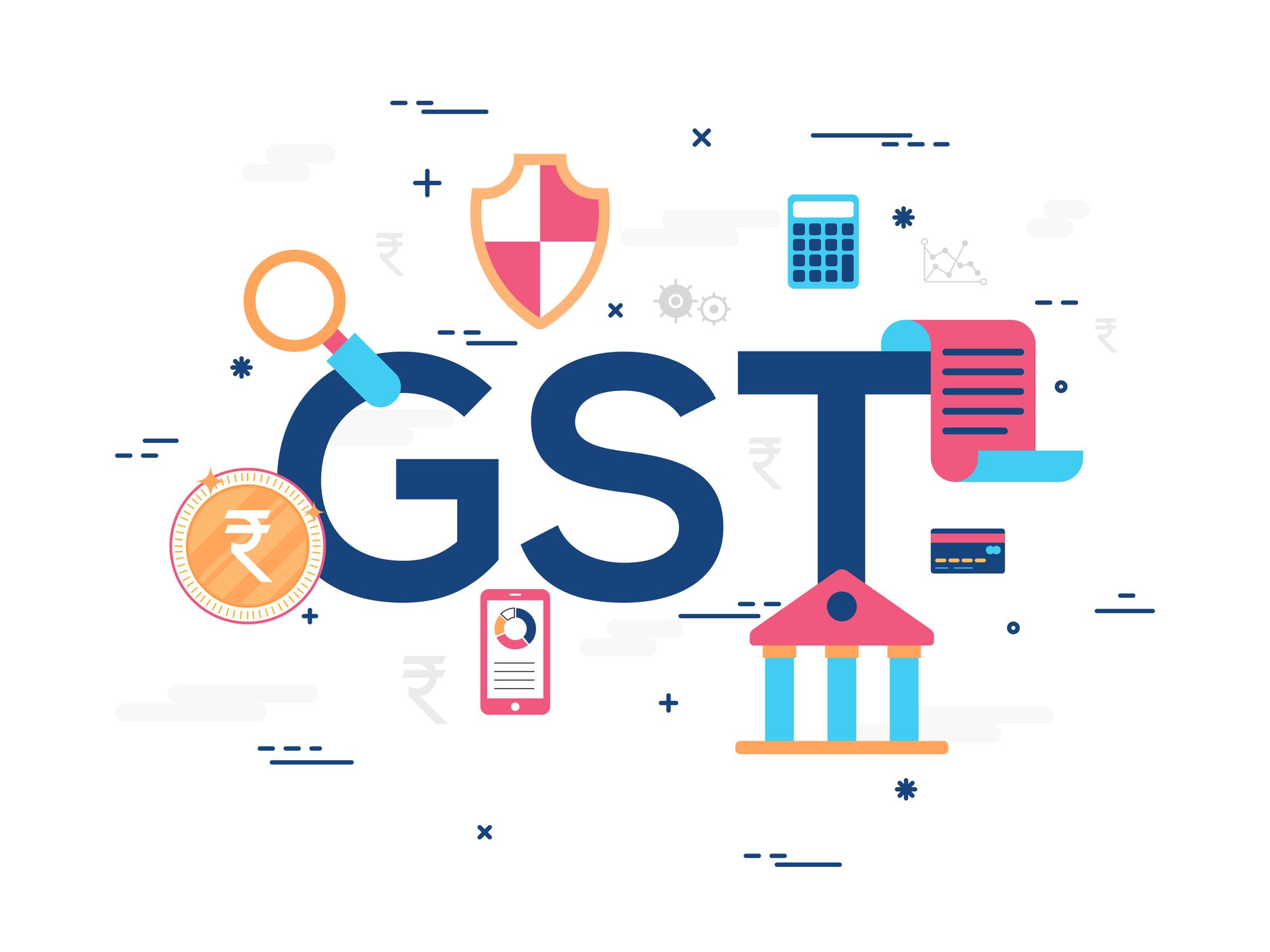Affordable Options for the Best GST Registration Services in Singapore
Wiki Article
From Begin to End Up: The Ultimate Roadmap to GST Enrollment for Companies Looking For Financial Stability
Browsing the complexities of Product and Solutions Tax Obligation (GST) enrollment is an important step for services striving for monetary security. From comprehending the fundamental principles of GST to abiding with post-registration standards, the process can seem discouraging at first look. However, breaking down the roadmap right into manageable steps can simplify the registration trip for companies looking to boost their economic standing. Let's check out the important components that compose this best roadmap and discover how each phase contributes to laying a strong foundation for economic success.Recognizing GST Essentials
Diving right into the basic concepts of Product and Services Tax (GST) is vital for acquiring a detailed understanding of its ramifications on companies and the economic climate. GST is a value-added tax obligation imposed on many goods and services for domestic consumption. It has actually replaced numerous indirect tax obligations that existed in the pre-GST era, improving the tax obligation framework and enhancing simplicity of doing organization in India. Under the GST system, both items and solutions are tired at a details price, which is identified based upon their classification. Services are needed to register for GST if their yearly turnover exceeds the threshold restriction set by the government. Input Tax Obligation Debt (ITC) is a considerable function of GST, permitting organizations to declare credit history for taxes paid on inputs, reducing the overall tax obligation problem. Understanding the fundamentals of GST is important for companies to conform with tax guidelines, manage their finances efficiently, and add to the country's financial growth by taking part in a clear tax system.Qualification Standards for Registration
As of the present laws, the threshold limitation for GST enrollment is an annual accumulation turnover of 40 lakhs for services operating within a state, other than for special classification states where the restriction is 20 lakhs. Furthermore, certain businesses are called for to register for GST irrespective of their turn over, such as interstate providers, informal taxable individuals, and companies accountable to pay tax under the reverse cost mechanism. It is critical for organizations to thoroughly examine their turnover and deal kinds to identify their GST enrollment obligations precisely.Records Required for Registration
Having actually fulfilled the eligibility standards for GST registration, organizations need to now ensure they have the requisite files in place to wage the registration process effectively. The records needed for GST enrollment generally include proof of service constitution, such as collaboration act, registration certificate, or unification certification for various types of companies. In addition, businesses need to offer files establishing the primary business, such as a rental arrangement or electrical energy bill. PAN card of the business, as well as the identity and address proof of promoters/partners/directors, are necessary for confirmation functions. Checking account statements, together with canceled cheques or a copy of the financial institution passbook, are called Clicking Here for to confirm the economic information offered during registration. Furthermore, businesses have to have electronic trademarks prepared for the licensed signatory. Guaranteeing all these records are organized and conveniently available will certainly speed up the GST registration procedure, making it possible for companies to abide by tax obligation policies flawlessly.Step-by-Step Enrollment Refine
Starting the GST registration process includes a series of organized actions to guarantee a seamless and compliant registration for organizations. The very first step is to go to the GST site and complete the enrollment form with exact details of business entity. Following this, the candidate gets a Momentary Referral Number (TRN) which is used to return to the application process if it's not finished in one go.Next, all called for documents according to the checklist given by the GST portal demand to be uploaded. These files normally consist of evidence of business address, enrollment and identity evidence of marketers, economic declarations, and organization entity's frying pan card.

Post-Registration Conformity Standards

Final Thought
In conclusion, businesses looking for monetary security must recognize the fundamentals of GST, satisfy eligibility requirements, gather required files, follow the detailed enrollment process, and comply with post-registration standards - Best GST registration services in Singapore. By sticking to these steps, companies can guarantee conformity with tax obligation guidelines and preserve financial security in the lengthy runFurthermore, specific businesses are required to sign up for GST regardless of their turn over, such as interstate vendors, laid-back taxable persons, and companies liable to Bonuses pay tax obligation under the reverse cost system.Having actually satisfied the eligibility standards for GST registration, companies must currently ensure they have the requisite documents in area to proceed with the enrollment process efficiently. The papers required for GST enrollment commonly consist of proof of business constitution, such as collaboration act, enrollment certificate, or unification certificate for different kinds of services. Furthermore, companies need to provide documents developing the primary location of organization, such as a rental arrangement or electricity expense.Starting the GST registration procedure includes a series of structured actions to guarantee a smooth and compliant registration for organizations.
Report this wiki page